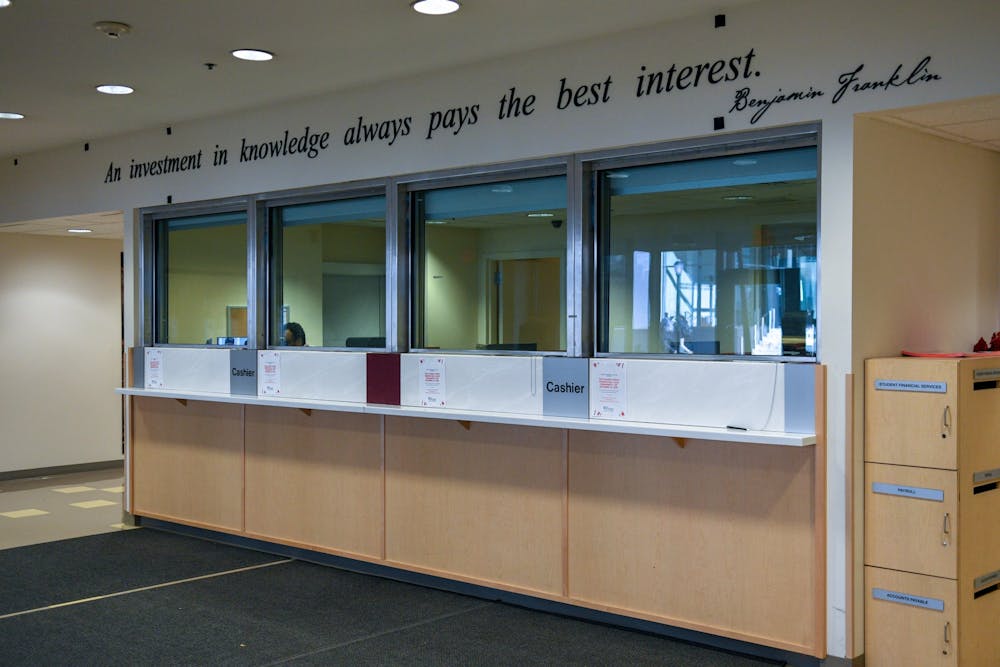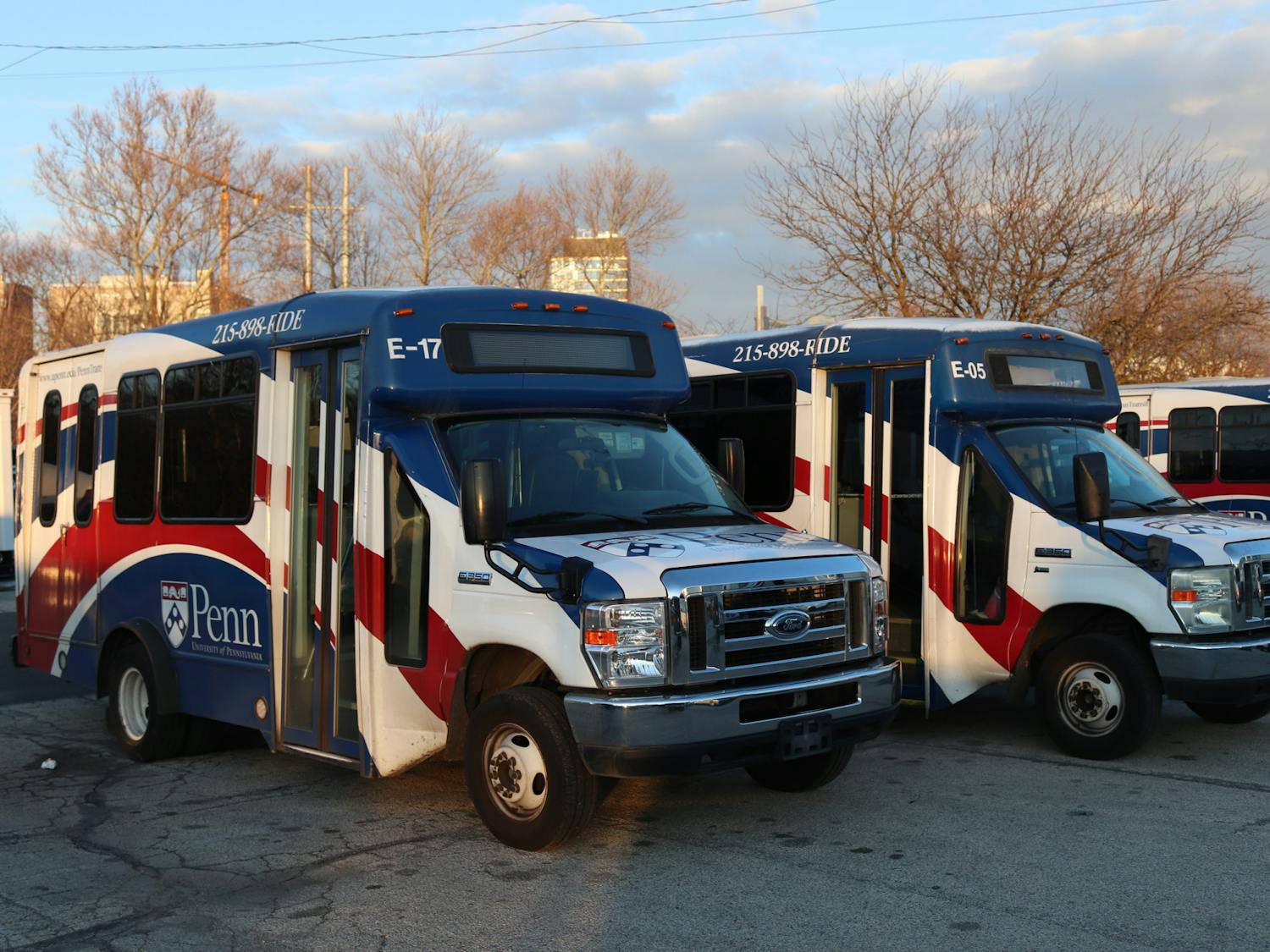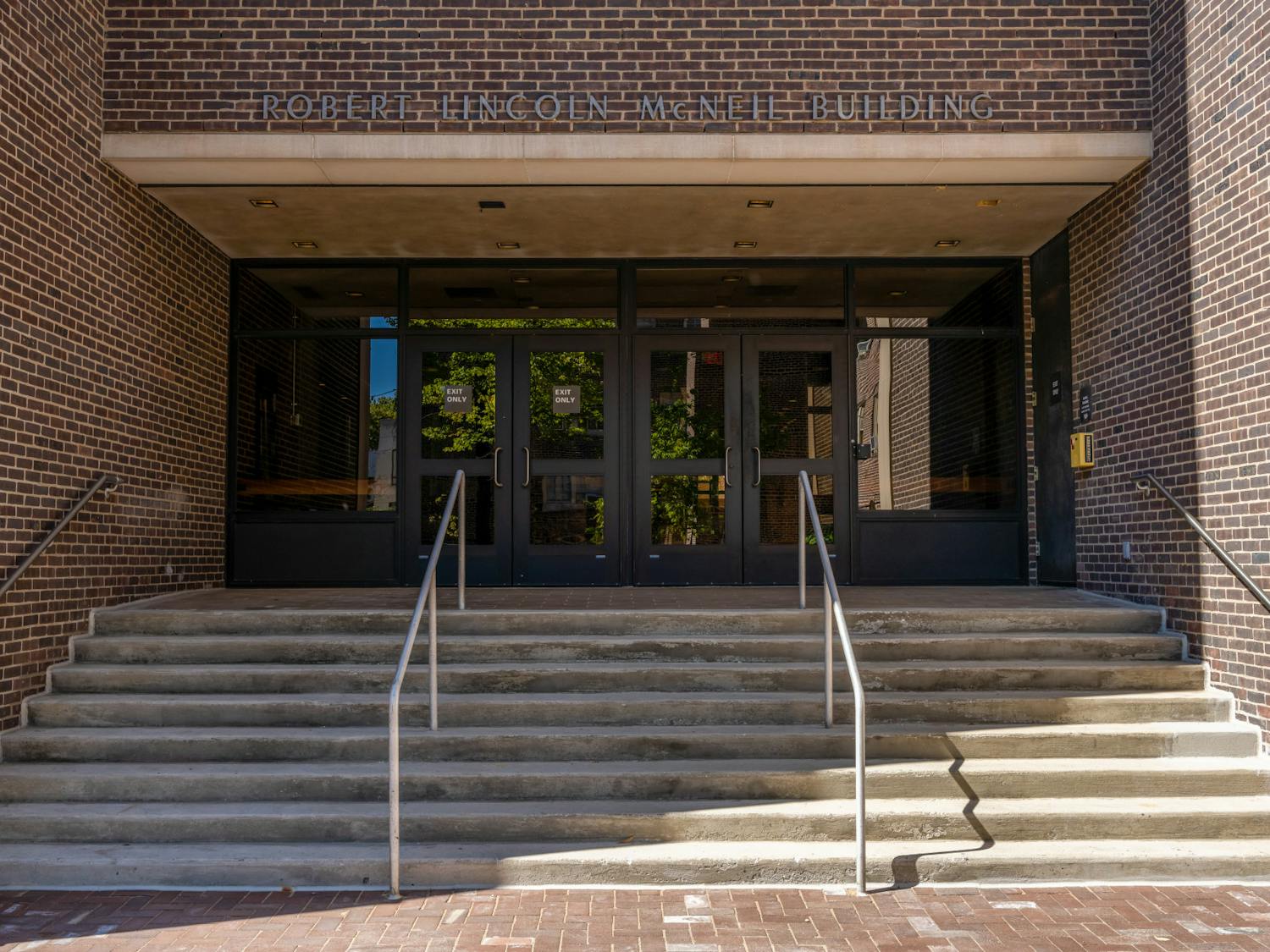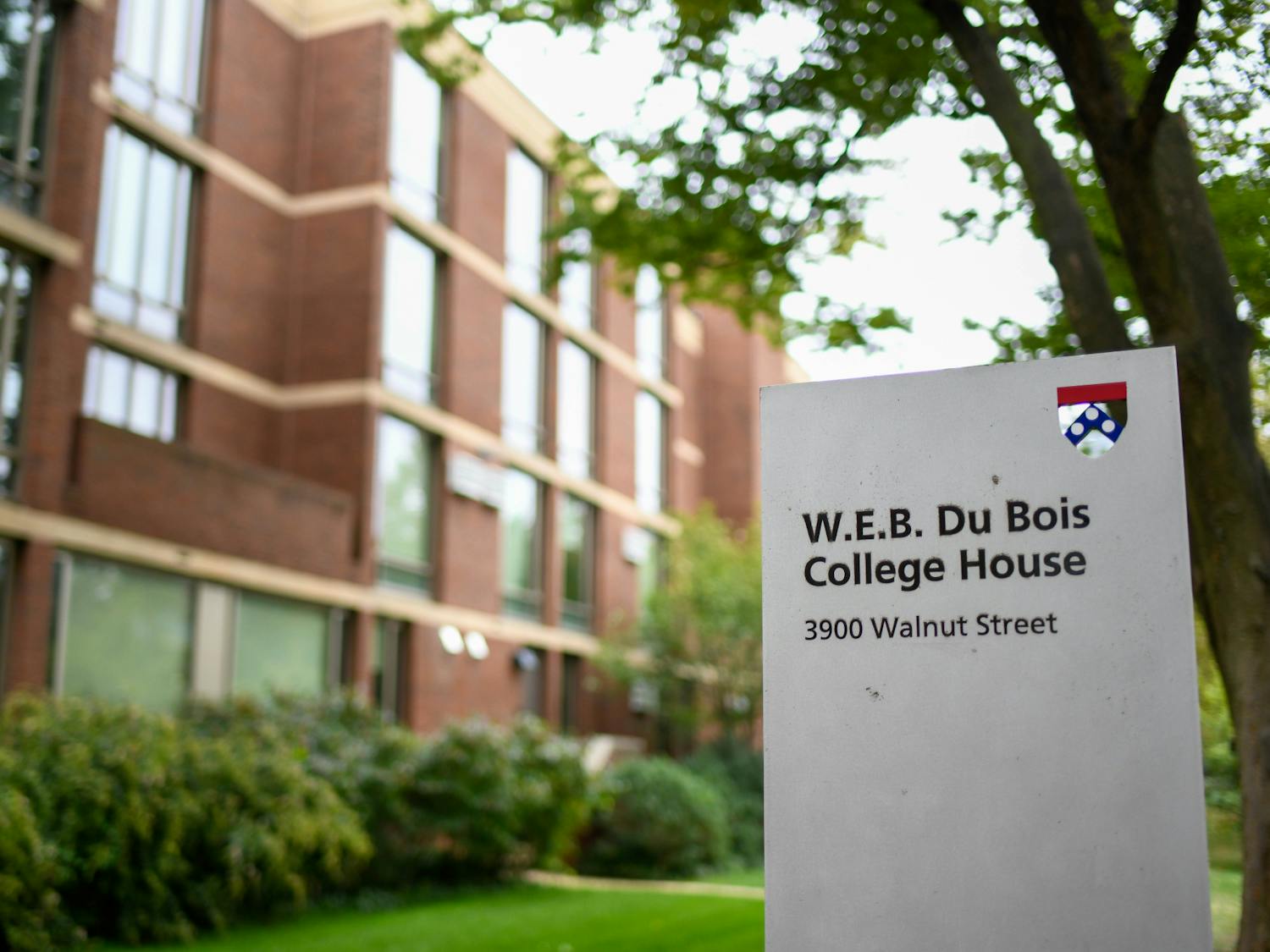After Dec. 24, the Cashier’s Office in the Franklin Building will close and be replaced with a secure deposit box, which will change reimbursement structures and prevent students from paying tuition bills in cash.
The Cashier’s Office accepts deposits from departments that collect payment in cash and distributes petty cash for department expenses such as visiting speakers and events, Cash Manager Heather Seitz said. While the office is currently staffed by Penn employees at a register, Seitz said the Cash Management Department will soon shift to distributing reimbursements electronically and accepting deposits through a "smart safe" in the lobby.
Most cash payments currently come from schools that earn money from retail sales, Seitz added, such as ticket sales at the Annenberg Center and patient payments at the School of Dental Medicine and the School of Veterinary Medicine. The University will still accept cash for these payments through the smart safe, which Seitz said functions like an ATM that only accepts deposits.
As part of the transition, Seitz said, cash tuition payments will not be accepted after the Cashier's Office closes. Students will be able to pay bills electronically or through personal checks, cashier’s checks, or money orders, according to the Division of Finance's FAQ page.

The Franklin building is located at 3451 Walnut St.
Paul Richards, director of communications for Penn's Division of Finance, said only 220 students across all Penn schools have paid tuition bills in cash over the past two years, representing less than 1% of the student body. He added that Student Registration and Financial Services is working to transition to other payment plans for these students.
By closing the office, Seitz said, the University hopes to decrease cash flow on campus to improve safety.
“The idea of facilitating all this cash walking around campus — we wanted to try to get away from that,” she said. “The safety of the students and staff was really a big driver.”
Ending the disbursal of petty cash for academic departments will “lessen the risk of fraud, loss, and theft,” according to the Division of Finance page. Seitz said that while an armored car currently comes to collect cash from the office every day, this will be reduced to once every two weeks in 2020.
Seitz said that declining use of the Cashier's Office in recent years was also a factor in the decision to close, as most student and staff transactions with the University are already electronic.
“The Cashier’s Office just doesn’t have the volume to be staffed fully every day,” Seitz said, adding that of the two employees who now work as cashiers, one will move to the Cash Management Department and one is retiring.
Tim Schweidel, the business administrator for the Annenberg Center, said the center will continue to accept cash for ticket sales and deposit it with the University,
“I think it’s going to be an easy transition,” Schweidel said. “It's a good idea that Penn is moving towards less cash on campus.”
Seitz added that in summer 2020, the Franklin Building lobby will undergo renovations to make SRFS a more "unified, student-focused space."









